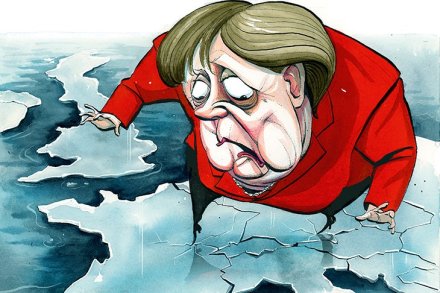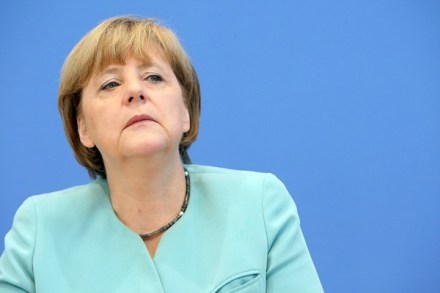Lost for words
Emma Bridgewater has, since 1985, produced pottery acceptable in tasteful middle-class kitchens. Some jars had Coffee on and some Biscuits. Coffee meant ‘coffee’ and Biscuits meant ‘biscuits’. In a similar attempt to achieve popularity, Theresa May told us that Brexit meant ‘Brexit’. It said so on the jar. But as the Emma Bridgewater range grew, it included a plate bearing the words ‘Bacon & Egg. Bubble & Squeak’. The ampersands were attractive, but it was unlikely that the plate would really accommodate the items suggested. Now Brexit, once an admirably plain portmanteau of Britain and exit, became a mug’s game. Its meaning is supposed to vary according to what adjective



















